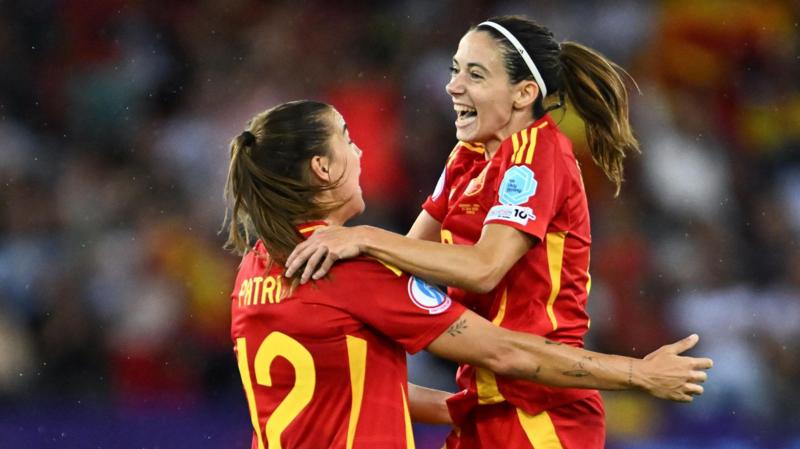Spain's Dramatic Transformation Post-World Cup Fallout Unveiled




In the lush landscapes of Spain, the country is gearing up for yet another momentous sporting event, as it prepares to host Euro 2025. This comes just two years after the turbulent journey that the Spanish national football team faced during the 2023 World Cup. The comparison between the two events illustrates not only the trials and transformations within Spanish football but also the changing tides in global football culture.
The 2023 World Cup was marked by a series of controversies that enveloped the Spanish team. Internal disputes, management squabbles, and a very public fallout over selection decisions cast a shadow over their campaign. The rifts within the locker room were palpable, and they undoubtedly seeped onto the pitch, affecting performances. It was a tournament that promised much but delivered little for the Spanish side, which bowed out earlier than many had anticipated.
Fast forward to the present, and the atmosphere around Spanish football seems remarkably revitalized. There's a palpable sense of redemption in the air as Spain prepares to host Euro 2025. The Spanish Football Federation has taken significant steps to address the issues that plagued the team during the World Cup saga. A new management team is in place, with a focus on harmony and player welfare that was perhaps overshadowed in the tense scramble for the World Cup.
Central to Spain's transformed approach is the emphasis on young talent. The federation has been keen to integrate newer, younger players into the national squad, blending their exuberance with the experience of older heads. This strategy aims not only to galvanize the team but also to build a sustainable pathway for future talents.
Moreover, the choice of Spain as the host nation for Euro 2025 is seen as a vote of confidence from UEFA. It reflects a belief in Spain’s ability to stage major sporting events, underscored by a rich history that includes hosting the 1982 FIFA World Cup and the unforgettable Barcelona 1992 Summer Olympics. The infrastructure from these events has only been refined and expanded in the intervening years, promising excellent venues and a festive atmosphere for fans.
Hosting Euro 2025 also provides a unique opportunity for Spain to showcase its cultural wealth alongside its footballing heritage. From the architectural marvels of Barcelona to the vibrant streets of Sevilla, Euro 2025 is set to be a feast for the senses, offering fans a blend of competitive football and local culture. Each host city is preparing to welcome thousands of visitors with open arms and festive spirits, hoping to replicate the camaraderie and celebration that defines the best international tournaments.
Additionally, there is a lot of focus on security and inclusivity to avoid any of the off-field controversies that marred previous footballing events. Enhanced security protocols are being designed to ensure that the events proceed without any disruptions. Measures are also being put in place to promote an inclusive atmosphere where fans from all walks of life can enjoy the spectacle without fear of discrimination.
Euro 2025 stands as a pivotal moment for Spain to prove that it has moved beyond the discord of 2023. It is not just about winning on the field, but about winning back the trust and hearts of football fans globally. It is an opportunity for Spain to redefine itself not just as a footballing nation, but as a host of grand, unifying sporting spectacles.
As the Spanish team trains and the cities prepare, there’s a burgeoning sense of anticipation and hope. Euro 2025 could be more than just a tournament; it could be the rebirth of the Spanish football spirit.